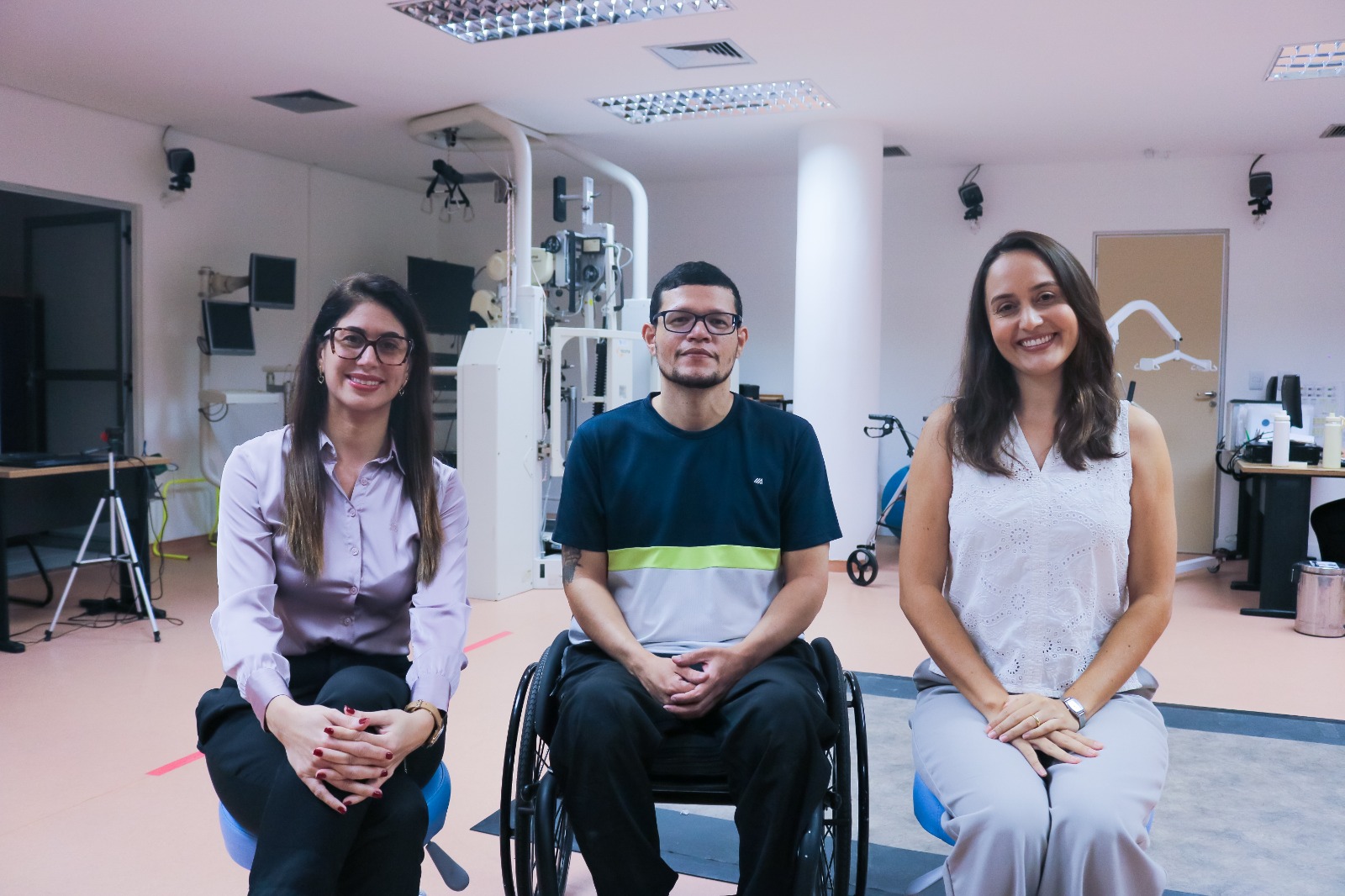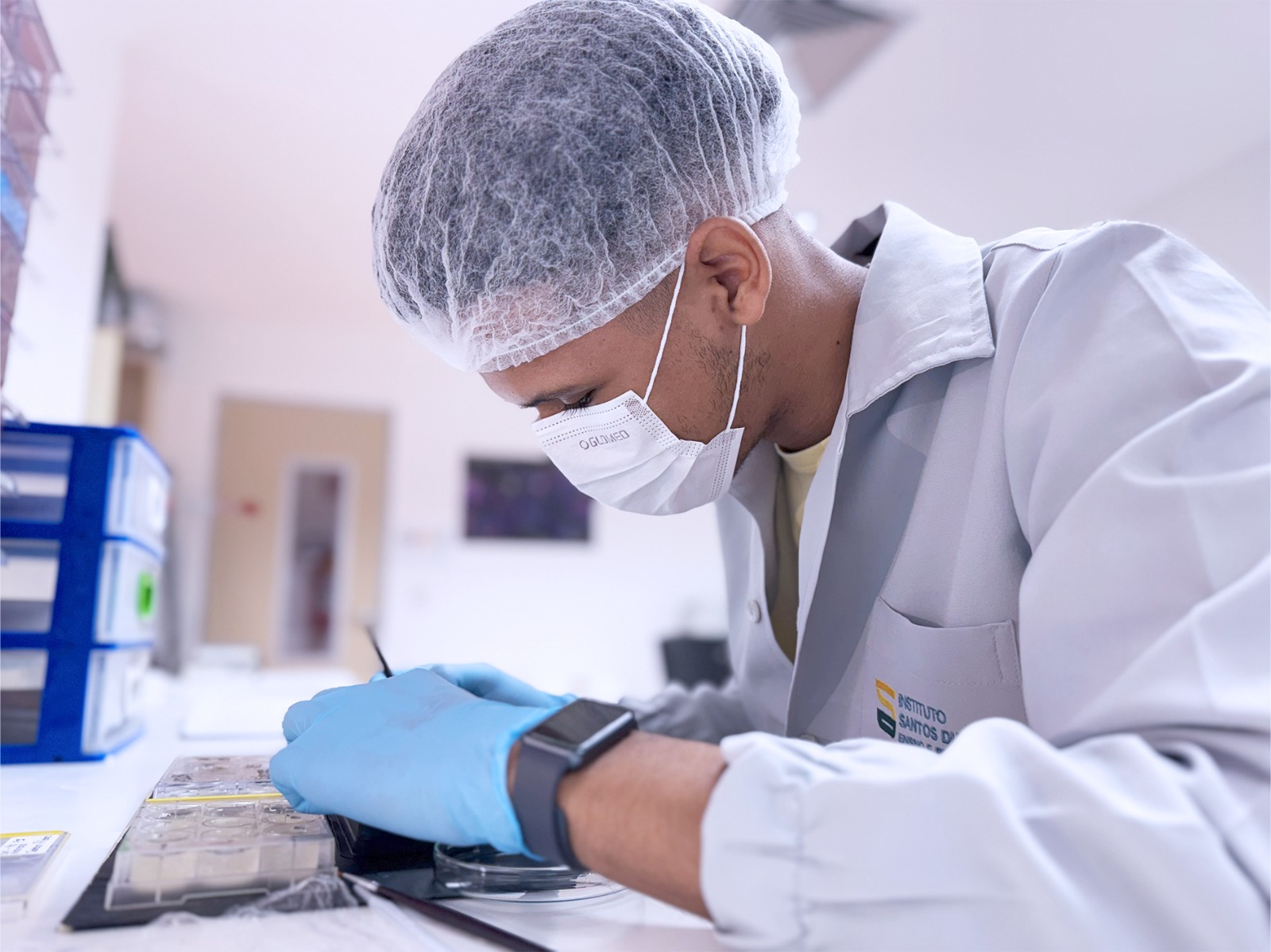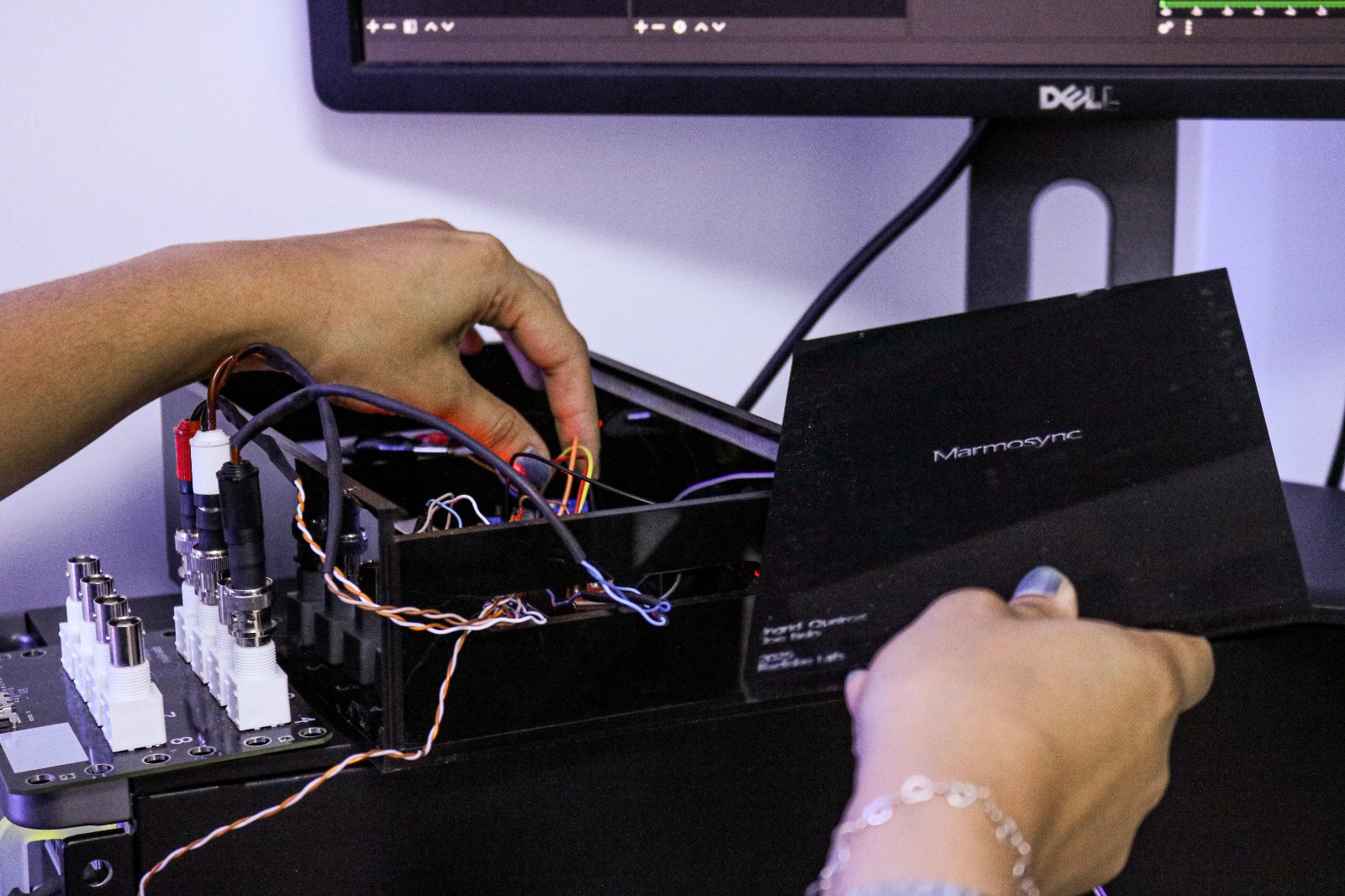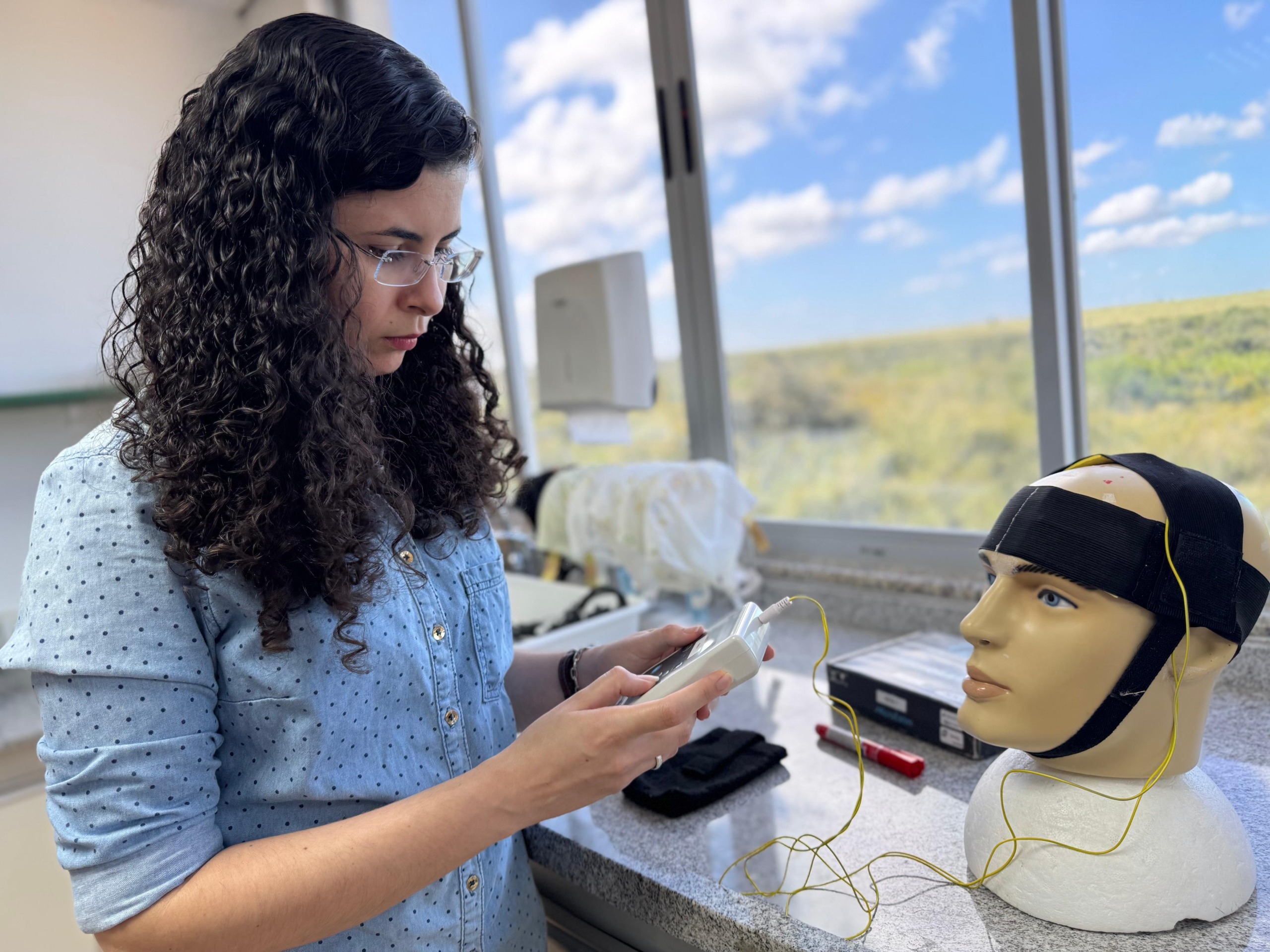The 9th Neuroengineering Symposium, promoted by the Santos Dumont Institute (ISD) in partnership with the Brazilian Society of Biomedical Engineering (SBEB), launched this Wednesday, June 7, two challenges in the area of biological data analysis, with the possibility of submission of responses by September 1st. The complete rules for participation in competitions can be accessed on the ISD website, in the tab “Communication and Events” > “Symposium on Neuroengineering”.
There will be two competitions, the first focused on analyzing data from the gait phase and the second focused on the detection of epilepsy. Those interested in participating in the challenge can make individual submissions or in groups of up to five people. Only submissions made following the links and guidelines available on the ISD website will be considered.
The winners will be invited to present the results of their work at the 9th Neuroengineering Symposium, which will take place between October 16th and 19th, 2023.
Submission of full papers
In addition to the challenges, the deadline for submitting abstracts and full papers for the Symposium is also open. In the 2023 edition, the best works evaluated by the Scientific Committee will be invited to publish in the Journal of Physiology or in the IEEE Transactions on Human-Machine Systems.
ABOUT THE SYMPOSIUM
The Neuroengineering Symposium was created in 2015 by the Santos Dumont Institute (ISD), with the aim of complementing the training of future researchers and students. The event encourages the generation of new knowledge through independent research, as well as the articulation of research and teaching as agents of social transformation integrated into the community.
Registration to participate in the 9th Neuroengineering Symposium will open soon.
ABOUT ISD
The Santos Dumont Institute is a Social Organization linked to the MEC and includes the Edmond and Lily Safra International Neuroscience Institute and the Anita Garibaldi Health Education and Research Center, both in Macaíba. ISD's mission is to promote education for life, forming citizens through integrated teaching, research and extension actions, in addition to contributing to a fairer and more humane transformation of Brazilian social reality.













